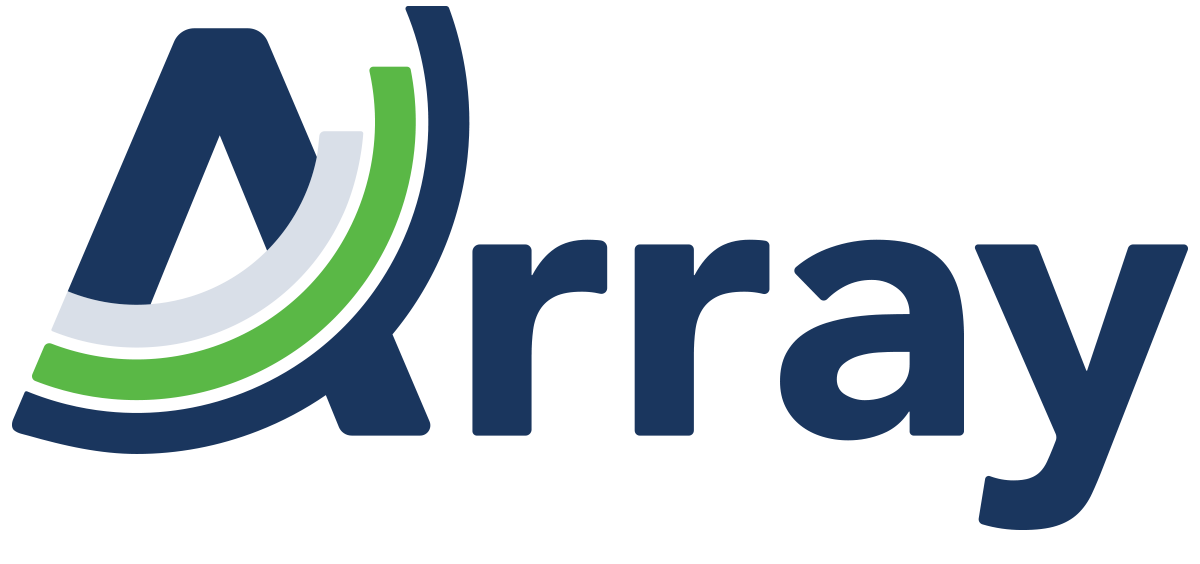As I reflect on ILTACON 2024, one thing is abundantly clear: we are on the cusp of a generative AI revolution in legal technology. The presence of AI across all facets of legal tech at the conference was not just impressive—it was an indication of the transformative change our industry is about to undergo.
The Ubiquity of AI: A Game-Changer for Adoption
What struck me most at ILTACON was not just the prevalence of AI in legal tools, but its integration into everyday technologies used by legal professionals. From emailing clients to document management systems, AI is becoming an omnipresent force in our daily workflows. This ubiquity, I believe, will be the catalyst for a much faster adoption of generative AI in eDiscovery than we’ve seen with previous technologies.
Predicting the Future: Generative AI in eDiscovery
Based on what I observed at ILTACON, I’m making a bold prediction: we will see more rapid adoption of generative AI in eDiscovery workflows than we did with Technology-Assisted Review (TAR). The key difference? Generative AI is not confined to eDiscovery—it’s permeating all aspects of the legal lifecycle across various applications. Moreover, it’s not just legal technology that’s adopting generative AI; it’s in our email, our document management systems, our project management tools, and even in our personal lives.
This widespread exposure is a game-changer. Legal professionals are becoming accustomed to interacting with AI in their daily lives, lowering the barrier to adoption in specialized fields like eDiscovery. The familiarity breeds comfort, and comfort accelerates adoption.
The Ripple Effect Across Legal Tech
The impact of generative AI extends far beyond eDiscovery. At ILTACON, I saw demonstrations of AI applications in:
- Legal Research: AI summarizing case law and predicting outcomes
- Contract Analysis: Automated red-flagging of risky clauses
- Compliance: AI-driven monitoring and reporting systems
- Client Interactions: AI-powered chatbots for initial client inquiries
This cross-pollination of AI applications will create a network effect, further accelerating adoption across all areas of legal technology.
Challenges and Ethical Considerations
Despite the excitement, we must approach this revolution with caution. Discussions at ILTACON highlighted several key challenges:
- Data Privacy and Security: Ensuring client confidentiality when using AI tools
- Bias and Fairness: Addressing potential biases in AI algorithms
- Transparency and Explainability: Understanding AI decision-making processes
- Ethical Use: Establishing guidelines for responsible AI use in legal practice
As thought leaders in legal tech, it’s our responsibility to address these challenges head-on and set the standards for ethical AI adoption in our industry.
Preparing for the AI-Driven Future
The rapid advancement of generative AI necessitates a shift in how we prepare legal professionals for the future. Based on insights from ILTACON, I believe we need to focus on:
- AI Literacy: Educating legal professionals on AI capabilities and limitations
- Prompt Engineering Skills: Training in effective communication with AI systems
- Ethical AI Use: Developing frameworks for responsible AI implementation
- Hybrid Skill Sets: Fostering a blend of legal expertise and technological proficiency
Embracing the Generative AI Era
The legal industry stands at the threshold of a new era—one where generative AI is not just a tool, but an integral part of how legal work is conducted. The insights gained from ILTACON 2024 make it clear that this transformation is not a distant future, but an imminent reality.
As we move forward, the question is not whether generative AI will revolutionize legal tech, but how quickly and profoundly it will do so. Those who embrace this change, who learn to effectively harness the power of AI while maintaining the critical human elements of legal practice, will be the leaders in this new landscape.
The future of legal tech is here, and it’s powered by generative AI. Are you ready to lead in this new era?
Christine Porras, Director of Technology Solutions
Christine brings over two decades of experience in the legal industry to her role. She has made significant contributions to AmLaw 100 law firms, service providers, and corporations throughout her career. Christine’s expertise lies in optimizing legal processes through a combination of litigation support, workflow management, and strategic technology integration. She is adept at vetting and onboarding cutting-edge legal technology solutions, fostering strong relationships with software partners, and seamlessly integrating workflows to maximize efficiency. With her deep understanding of the legal technology landscape and her commitment to driving innovation, Christine is well-positioned to guide organizations through the transformative changes reshaping the legal industry.

